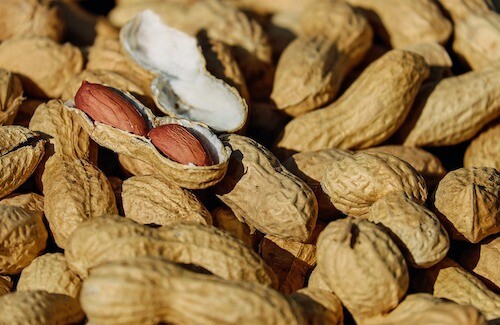Dogs are often considered part of the family, sharing in our daily lives and sometimes even our meals. However, it’s crucial to remember that not all human foods are safe for our canine companions. While it might be tempting to share a bite of your favorite snack with your furry friend, some foods that we consider delicious and harmless can be toxic or harmful to dogs, leading to serious health issues or even fatalities. Understanding which foods pose a risk is essential for any dog owner who wants to ensure their pet’s well-being and longevity.
This article delves into the top 10 human foods that could harm your dog, highlighting the potential dangers and symptoms of ingestion. By being informed about these hazards, you can take the necessary precautions to protect your furry friend from accidental poisoning and keep them happy and healthy. Whether it’s a seemingly innocuous treat like grapes or a festive indulgence like chocolate, knowing what to avoid will help you make safer choices for your dog’s diet.
Additionally, this knowledge is not only vital for preventing accidental ingestion but also for educating other family members and visitors about the risks. Proper education and vigilance can significantly reduce the chances of your dog encountering harmful foods. Read on to discover which common foods could spell trouble for your pet and learn how to keep your kitchen and dining habits dog-safe. Ensuring your dog’s diet is free from these dangerous foods is a critical step in responsible pet ownership.
8Nuts (with high fat content)

Nuts, especially those with high fat content, can be harmful to dogs if consumed in large quantities. Eating too many nuts can lead to pancreatitis, a severe and potentially life-threatening condition that affects the digestive system. Dogs suffering from pancreatitis may experience vomiting, diarrhea, abdominal pain, and loss of appetite. In extreme cases, pancreatitis can lead to dehydration or even organ failure.
Some types of nuts contain compounds that are toxic to dogs, such as macadamia nuts, which have an unknown toxin that causes weakness and tremors in dogs who ingest them. Therefore, it is advisable to keep all types of nuts out of your dog’s reach.
Even nuts that are not inherently toxic, such as almonds, pecans, and walnuts, pose a risk due to their high fat content and potential to cause gastrointestinal distress. Additionally, the hard shells of some nuts can cause choking or damage to a dog’s teeth. Some nuts may also contain mold, which can produce mycotoxins harmful to dogs. It’s essential to avoid giving nuts as treats and to be cautious with foods that might contain nuts. Always consult your veterinarian if your dog has consumed nuts and shows any signs of illness.
